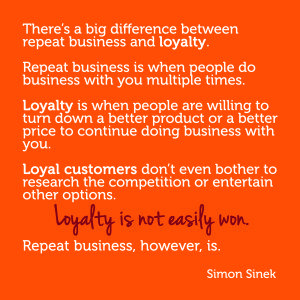Keep Your Friends Close!
Surprise! Today’s newsletter is a pop quiz. Who are your best referral sources? List the top 10 right now. If you are a more junior lawyer in a law firm and don’t yet have your own clients, list the senior lawyers for whom you do the most work.
How easy did you find it to make this list? This information should be at the tips of your fingers. If you don’t know who your top referral sources are, your activity this week is to find out.
How often do you talk with the people who refer business to you? One of my clients recently realized that his top three referral sources send him seven to ten substantial matters a year, resulting in several hundred thousand dollars of business. That’s great news! But he also discovered a significant problem: as he’d become busier, he spent less time maintaining the connections that had helped to build those referral relationships.
Sure, he sent business to his top referral sources when appropriate, he attended meetings with them frequently, and he went out of his way to send a nice “thank you” every time one of them sent a new matter to him. But he couldn’t remember the last time he’d had lunch or played golf one-on-one with these people. The business relationship was in place with each referral source, but the personal connections underlying it had grown weak.
Relationships, like anything else, are constantly shifting. Are your key relationships growing closer or more distant? If you don’t stay in touch with your contacts on a consistent basis, the relationships will grow weaker and you may find that the support that you enjoyed shifts to others who are more attentive. The shift may be entirely unconscious, but referrals tend to go to those who are top-of-mind, and a distant relationship won’t keep you sufficiently visible.
Take a few minutes now to calendar times to check with the people who think enough of you to send you work. Reconnect and find out what’s going on with them. At the same time, express your appreciation for their referrals. And then set up reminders to check in with them at least quarterly.

